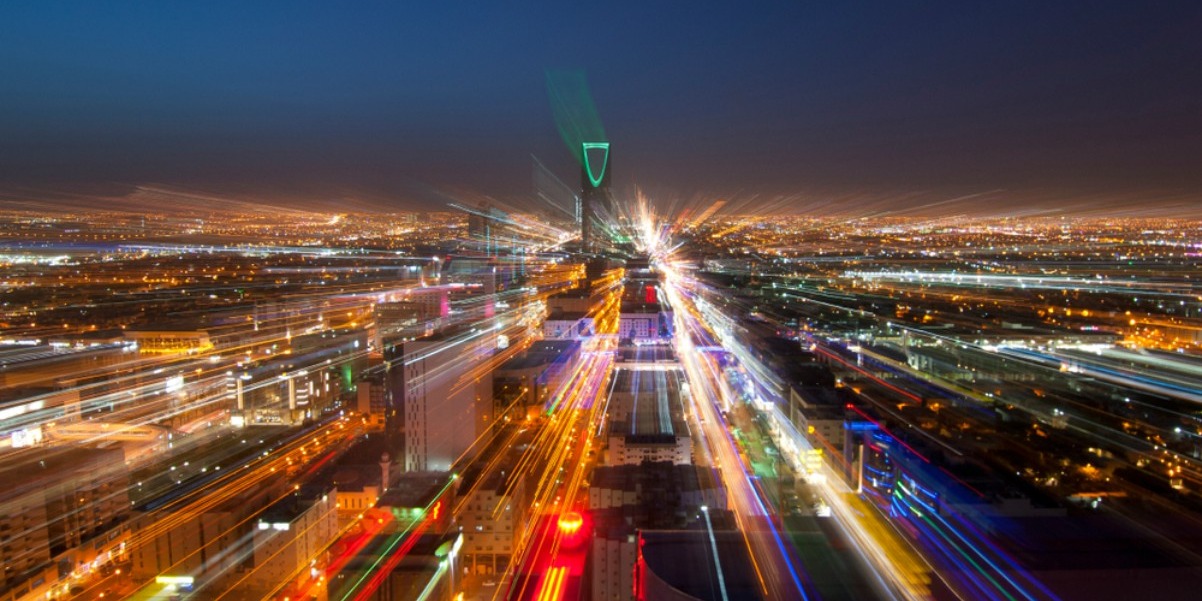With a national strategy, Saudi Arabia wants to become a world leader in Artificial Intelligence by 2030
Saudi Arabia late last month launched its National Strategy for Data & AI (NSDAI) that it hopes will propel it to the world’s top ranks in ten years.
The strategy, launched at the Global AI Summit in Riyadh, outlines a multi-faceted plan that stresses skills and ecosystem development, policy and regulation, investment, research, and innovation.
“The National Strategy for Data and AI sets the direction and foundations upon which we will unlock the potential of data and AI to fulfil our national transformation priorities and establish Saudi Arabia as a global hub for data and AI,” said Dr. Abdullah Bin Sharaf Alghamdi, the president of the Saudi Data and AI Authority (SDAIA).
The plan’s targets include to:
- rank among the top 15 nations in AI by the year 2030,
- train 20,000 data and AI specialists and experts,
- create the environment for at least 300 AI and data start-ups by 2030,
- attract $20 billion in FDI and local investment.
“When we analyzed the goals for the Vision 2030, we realized that 66 goals from the vision are directly linked to AI,” National Information Center’s director Dr. Esam Alwagait said, referring to the transformation plan to diversify Saudi’s economy away from hydrocarbons.
FIVE CRITICAL SECTORS
The NSDAI implementation will focus on the immediate national AI requirements until 2025. In this initial stage, the strategy concentrates on accelerating AI in five critical sectors: healthcare, mobility, education, government, and energy.
From 2025 until 2030, Saudi Arabia will establish a competitive international AI ecosystem by developing areas of specialisms.
Legislation for the ethical use of data and AI will be enacted to facilitate data collection and sharing between government entities.
Upcoming Saudi megaprojects, including NEOM smart city and Qiddiya entertainment and leisure capital, will function as testbeds and living laboratories for advanced AI and data-driven concepts and applications.
CHINESE PARTNERSHIPS
During the summit, the National Center for Artificial Intelligence (NCAI) signed collaboration agreements with China’s Huawei and Alibaba Cloud.
Huawei will design AI-related Arabic language competencies.
“I think this is very important. Because Saudi Arabia, as the leader in the Arabic world, we would like to really support all the Arab citizens with AI technology specialized in the Arabic language,” said Dr. Majid Altuwaijri, NCAI’s CEO.
“The Arabic language is underserved when it comes to the artificial intelligence,” he added, pointing out that almost 400 million people worldwide speak it.
NCAI and Huawei, that released the world’s fastest AI training cluster last year, will also work together on AI talent cultivation and onboarding programs, offered to Saudi university students, researchers, and developers.
The Alibaba Cloud partnership will facilitate Saudi Arabia’s smart cities’ advances to intelligently manage responsive city services in the areas of safety and security, mobility, urban planning, energy, education, and health.
“Saudi Arabia’s Vision 2030 has clear goals to transform KSA cities into smart ones by unlocking the value of city data as a national asset,” SDAIA president Alghamdi said.
NCAI operates under SDAIA with strategy execution, AI innovation, and capabilities building responsibilities.
LOCAL AI CHAMPION
Saudi companies have already started to use AI. Saudi Aramco, the state-owned petroleum and natural gas company in 2019 remodeled and expanded an office wing to become its “Fourth Industrial Revolution Center” that focuses on technological and digital innovation.
Applying AI to its Khurais oil field, it reduced total energy consumption by 18%, maintenance costs by 30%, and inspection times by about 40%, according to a statement.
Senior Vice President for Technical Services Ahmed bin Abdulrahman Al-Saadi said at the AI Summit that the firm plans to double its data storage capacity by 2025 to reach 400 petabytes and quadrupling the company's computing infrastructure. One petabyte is around 1,000 terabytes. As an indication, one petabyte of data storage can hold around 220,000 DVD-quality movies.
Saudi Aramco has invested in more than 15 start-up companies that focus on AI and machine learning, both locally and internationally.
ISLAMIC ECONOMIES
Another Islamic country that also has an AI transformation plan is Indonesia, that released its national strategy in August.
Saudi Arabia and Indonesia are among top risers in digital competitiveness in the G20, according to one study.
(Reporting by Petra Loho; Editing by Emmy Abdul Alim emmy.abdulalim@salaamgateway.com)
© SalaamGateway.com 2020 All Rights Reserved
